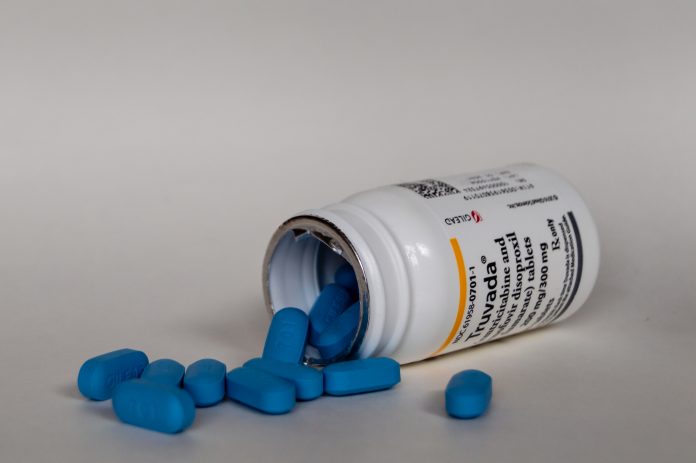A new study, published in AIDS and Behavior, finds that healthcare providers still have some social bias about who should be given PrEP
While Oxford University expect results for a HIV vaccine in April, 2022, the world continues to depend on existing drugs.
Pre-exposure prophylaxis (PrEP), a preventive, prescription-based medication, significantly reduces the risk of HIV infection through sexual behaviour and injection practices. It is a life-saving drug, which stands against the ongoing HIV epidemic.
Previous research highlights how race and poverty are factors that make it difficult to stop HIV, even in the US in 2021. The epidemic unfolds quietly and devastatingly, alongside the opioid epidemic.
“Scientific advances have transformed the course of HIV in individuals. To transform the course of the epidemic, we need to expand care and prevention strategically to those who need it most,” said Nora D Volkow, Director of the National Institute on Drug Abuse (NIDA) and not involved on this study.
Social bias in healthcare providers can be something like expecting Black women to feel less pain, leading to a lesser dose of painkiller than what is necessary. It can also look like restricting access to PrEP, depending on how responsible a patient seems.
A team at the George Washington University look at how social bias really works when it comes to HIV – specifically, do preconceptions in the eyes of health professionals lead to different PrEP doses for different types of people?
“Harm reduction is essential” says professor
The researchers surveyed 370 primary and HIV care providers to understand whether a patient’s race, sexual orientation and injection drug use affected clinical judgment.
Sarah Calabrese, an assistant professor of clinical psychology at GW and lead author on the study, said: “At a time when injection drug use is a pervasive driver of preventable illness and death in the United States, harm reduction is essential.
“Healthcare providers can play a pivotal role in raising awareness about PrEP and enabling access to this important preventive resource, but they are not routinely offering it to patients, particularly patients who inject drugs. We wanted to find out whether there were systematic biases against people who inject drugs in providers’ clinical judgments related to PrEP.”
Were there any social biases in healthcare providers?
The short answer is yes.
The clinicians judged people who injected drugs as less responsible, meaning they would be less likely to stick to a PrEP routine. This meant that they were less likely to give them PrEP prescriptions – despite their drug-injecting behaviour leaving them open to greater risk of HIV than non-injection taking individuals.
Overall, the team found no racial biases in their pool of data.
People who inject drugs are catching HIV, with reduced access to healthcare. There are currently not harm-reduction programmes in the US, such as syringe exchanges, overdose education, naloxone distribution and addiction treatment programmes.
“Upon learning of it, many people who inject drugs have expressed positive attitudes toward PrEP. However, only about 25% of people who inject drugs in the U.S. are aware of PrEP, and less than 1% have recently used PrEP,” Professor Calabrese said.
“Our study shows the importance of raising awareness about PrEP as a preventive resource for both sexual and injection-related risks, and standardizing access to it for all people through policies and guidelines.”











